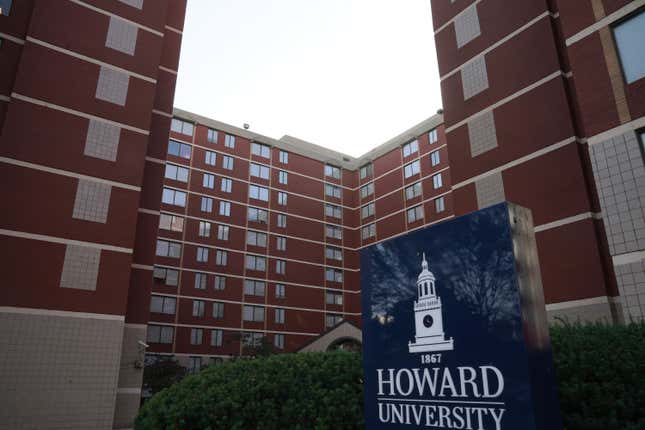
The Supreme Court’s decision to gut affirmative action will likely have devastating ripple effects for decades to come. Experts have predicted that the number of Black students enrolled in “highly-selective” schools will decline as a result of the ruling. But those schools aren’t the only options for Black students looking for a quality education.
St. Augustine’s University, a Historically Black University in Raleigh, North Carolina, says they’re prepared to offer a place to students left behind by the Supreme Court decision. “Our education is quality,” said Leslie Rodriguez-McClellon, Senior Vice President for Student Experience, in an interview with ABC 11, adding, “At least 50% of Black teachers in this country are educated at HBCUs. We still educate engineers and attorneys.”
Rodriguez says St. Augustine’s is expecting more students to enroll next year. “We are looking at increasing and updating our HVAC on campus. We’re investigating building more housing on campus, and we’re increasing the capacity. Our Information Technology infrastructure is being improved on the campus. So we’ll be ready,” Rodriguez told the local news outlet.
Rodriguez isn’t the only one discussing the role of HBCUs in a world without race-conscious affirmative action policies. Justin Hansford, director of the Thurgood Marshall Civil Rights Center at Howard University, told The Root that more funding should be going towards HBCUs like Howard in the wake of the decision “to fill the gap.” If not, Hansford warns that college attendance among Black Americans could drop.
At the moment, most colleges are still scrambling to figure out how they’ll address this massive shift in the college admissions process. But for HBCUs, this could be an opportunity to reach students impacted by the decision.

